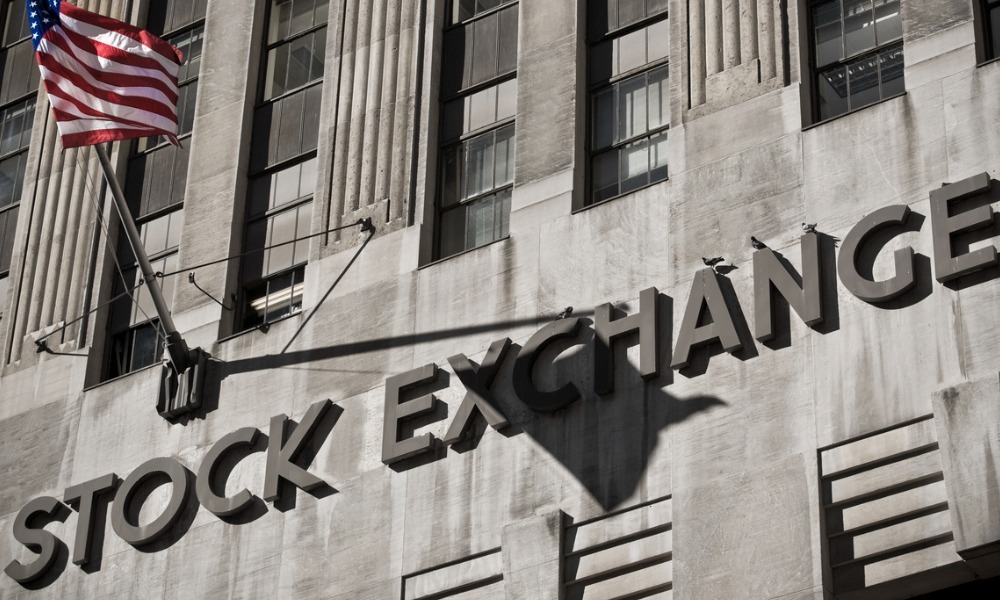Should businesses and insurers be worried?

On Tuesday, the stock market saw a slight downturn, halting its recent streak of gains. This change is particularly important for insurers and businesses to note, as it could signal shifts in market confidence and consumer behaviour that may affect risk assessments and investment strategies.
The Dow Jones Industrial Average decreased by 61.56 points, or 0.15%, closing at 40,834.97. Similarly, the S&P 500 fell by 0.2% to end at 5,597.12, and the Nasdaq Composite dropped by 0.33%, finishing at 17,816.94. This downturn ended the S&P 500 and Nasdaq's impressive eight-day streak of gains, which was their longest stretch of positive performance since late 2023. Notably, if the S&P 500 had maintained its upward trajectory on Tuesday, it would have marked its longest winning streak since 2004. Meanwhile, the Dow experienced its first decline in six days.
Despite the pullback on Tuesday, the overall trend for the month has been positive, with significant reductions in market volatility. The CBOE Volatility Index, also known as VIX, was recently below 16, a stark contrast to the high of over 65 seen on August 5—a day marked by a major sell-off triggered by disappointing job data and an unexpected interest rate hike in Japan.
The market's recent recovery has been bolstered by robust retail sales data and encouraging inflation reports, which have eased concerns about the economy. Both the S&P 500 and Nasdaq have gained over 1% this month, showcasing a strong market rebound.
Investors are now looking ahead to the Federal Reserve's annual Jackson Hole Economic Symposium. Remarks from Fed Chair Jerome Powell are anticipated this Friday, with market participants eager for insights that might hint at the direction of future interest rate adjustments. Speculation is rife that the Fed might reduce interest rates, with discussions centring on whether the cut will be a quarter point or half point in September.
In the corporate sphere, cybersecurity firm Palo Alto Networks saw its shares rise by more than 7% following better-than-expected earnings for the fourth quarter and the announcement of a $500 million stock buyback. Conversely, Lowe’s shares dipped over 1% after the company reported disappointing revenue and lowered its profit forecast for the year, citing a slowdown in consumer spending. Additionally, Bank of America's stock fell by about 2.5% as Berkshire Hathaway continued to sell off its shares.
As insurers and business leaders, these market movements and corporate performances offer valuable insights for strategic planning and risk management. Understanding these trends can help in adjusting policies and strategies to better align with the evolving economic landscape.
Do you have insights or opinions on these market changes? Share your thoughts below.



